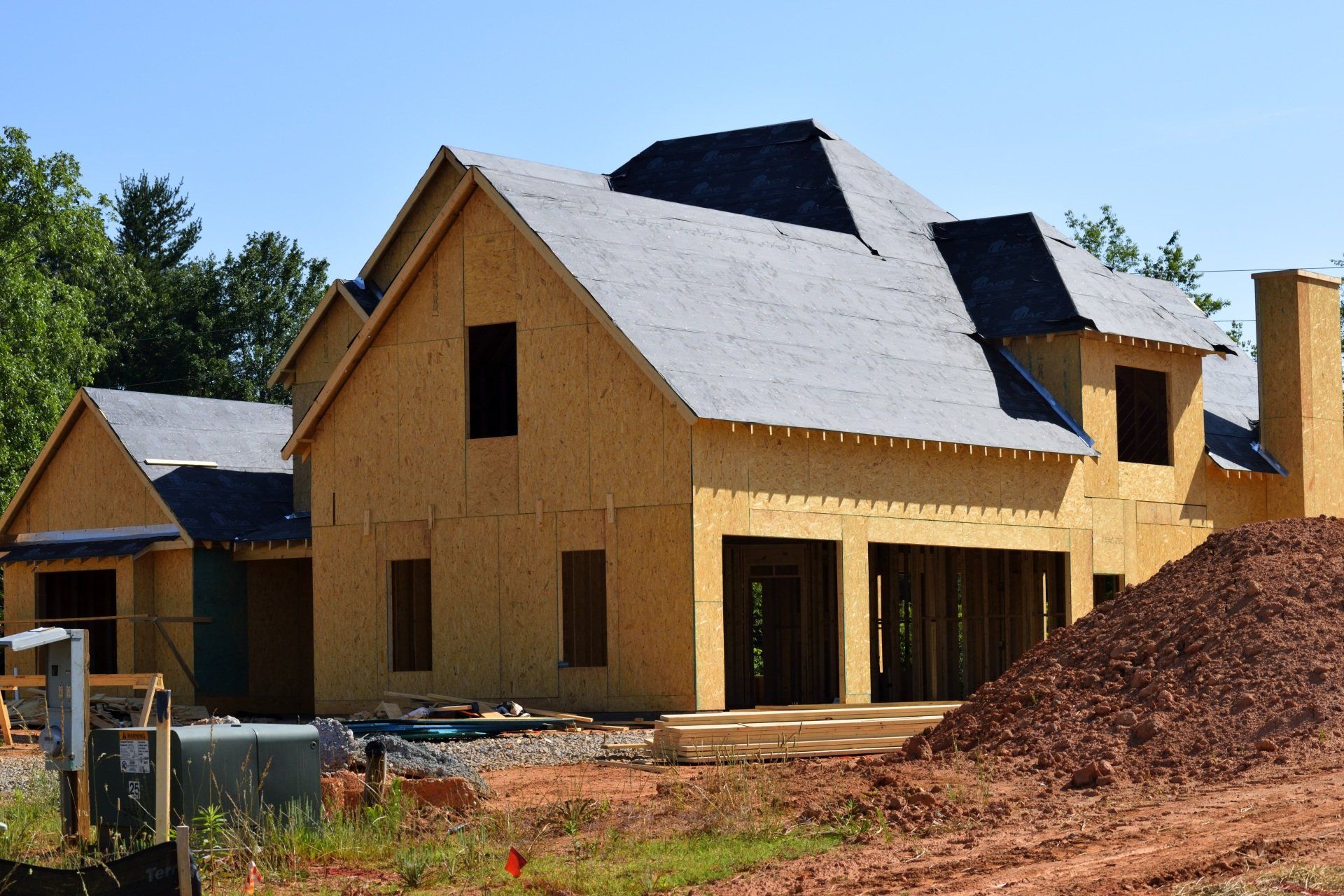Reyna Ortega NC | SC Realtor
reyna@links-realtygroup.com
Buying a New Built ? Why get a Pre-drywall Inspection ?

If you are in the process of building a new home, we recommend scheduling a pre-drywall inspection.
A pre-drywall inspection is a thorough examination of a property's construction components and systems before the installation of drywall. This inspection is typically conducted by a qualified home inspector or a representative of the building department.
The pre-drywall inspection is a critical step in the construction process because it allows for the identification and correction of potential problems before they are concealed by drywall.
Once drywall is installed, it becomes more challenging and expensive to address issues that may arise later.
Homeowners, builders, and inspectors often collaborate during pre-drywall inspections to ensure that the construction meets quality standards and complies with building codes. This inspection provides peace of mind for both builders and homebuyers, assuring them that the property is being constructed to high standards of safety and quality.
Here are some reasons why you should consider a pre-drywall inspection:
- Identify Construction Deficiencies: The pre-drywall phase allows inspectors to examine the structure's framing, electrical wiring, plumbing, HVAC systems, insulation, and other critical components before they are covered by drywall. This can help identify any defects or deficiencies in the construction process that may need correction.
- Ensure Compliance with Building Codes: Building codes and regulations exist to ensure the safety and structural integrity of a property. A pre-drywall inspection helps confirm that the construction is in compliance with these codes, reducing the risk of issues arising later during final inspections or after occupancy.
- Address Issues Early: Identifying and addressing construction issues at the pre-drywall stage is generally easier and less costly than doing so after the drywall has been installed. It allows for corrections to be made before they become hidden or more challenging to fix, potentially saving time and money in the long run.
- Enhance Quality Control: A pre-drywall inspection is part of a quality control process that helps builders maintain high standards for construction. It allows them to address any workmanship issues or mistakes early in the construction process, promoting overall quality and craftsmanship.
- Peace of Mind for Homebuyers: For homebuyers, a pre-drywall inspection provides peace of mind knowing that the home has been thoroughly examined during a critical phase of construction. It can instill confidence that the property is being built to a high standard.
- Opportunity for Client Involvement: Homeowners or buyers may choose to be present during the pre-drywall inspection. This provides an opportunity for them to ask questions, gain insights into the construction process, and address any concerns directly with the builder.
The purpose of the pre-drywall inspection is to assess the quality and compliance of the construction work that is not visible once the drywall is installed.
Key aspects covered in a pre-drywall inspection may include:
- Structural Components: Inspection of framing, beams, columns, and other structural elements to ensure they meet building codes and structural engineering specifications.
- Electrical Wiring: Verification that electrical wiring is correctly installed, properly secured, and meets safety standards. This includes checking outlets, switches, and junction boxes.
- Plumbing Systems: Inspection of plumbing installations to ensure proper pipe connections, drainage, and venting. This may include checking for leaks or other issues.
- HVAC (Heating, Ventilation, and Air Conditioning) Systems: Examination of the HVAC system components to ensure proper installation and compliance with local codes.
- Insulation: Verification that insulation materials are correctly installed in walls, ceilings, and floors according to the specified standards.
- Fire Blocking and Draft Stopping: Checking for the proper installation of fire blocking and draft stopping materials as required by building codes.
- Window and Door Openings: Ensuring that window and door openings are correctly framed and properly flashed to prevent water infiltration.
- General Workmanship: Assessing overall workmanship and construction quality to identify any defects, errors, or issues that need correction.
In summary, a pre-drywall inspection is a proactive measure to ensure the quality and integrity of a home's construction, providing benefits in terms of safety, compliance, and overall satisfaction for both builders and homeowners.

